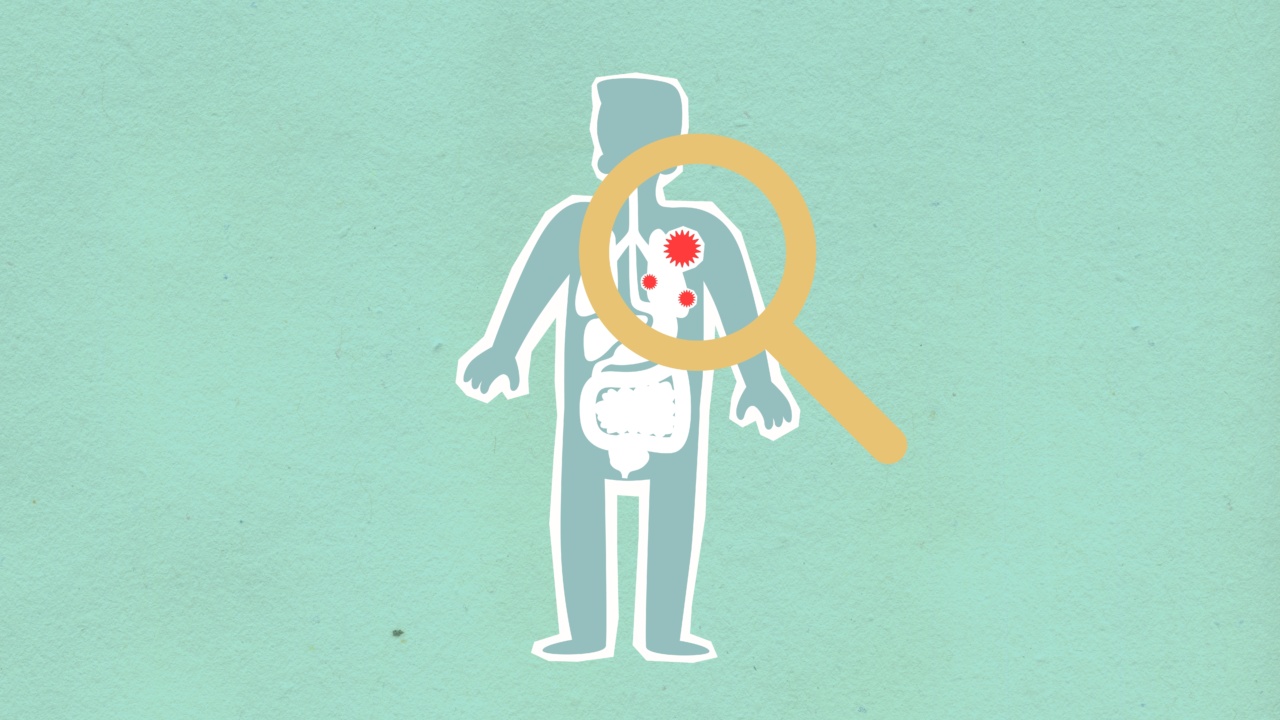The immune system defends the body against harmful substances like viruses, bacteria, and other pathogens. It is a complex system that involves various cells, tissues, and organs working together to fight off these harmful invaders.
However, the immune system can be weakened by several factors, including stress and viral infections. Stress and viral infections are particularly detrimental to children’s immune systems, and the impact can be long-lasting.
What are Viral Infections?
Viral infections are caused by viruses, which are small infectious agents that replicate in the host’s body and cause illness. Examples of viral infections include the common cold, flu, measles, and chickenpox.
These infections are highly contagious, and they can spread easily from one person to another through coughing, sneezing, or touching contaminated surfaces.
The Impact of Viral Infections on Children’s Immune Systems
When children are infected with a virus, their immune systems launch an attack against the invader. This response is necessary to eliminate the virus and prevent further infection.
However, this response can also be very stressful on the body, particularly in young children. The immune system’s response to viral infections may cause inflammation, which can lead to fever, fatigue, and other symptoms. These symptoms can be very uncomfortable for children and may cause them to feel stressed and overwhelmed.
Furthermore, some viruses can directly attack and damage immune cells, making it even more difficult for the body to fight off the infection. This can weaken the immune system, making it more vulnerable to other infections.
The respiratory syncytial virus (RSV) is an example of a virus that can damage the immune system and increase the risk of secondary infections such as pneumonia.
The Impact of Stress on Children’s Immune Systems
Stress is a natural response to challenging situations, and it can be a beneficial tool for survival. However, chronic or long-term stress can be detrimental to the body, particularly in children.
When children experience stress, their “fight or flight” response is activated, which releases stress hormones such as cortisol and adrenaline. These stress hormones can weaken the immune system by reducing the production of infection-fighting cells and antibodies. This makes it more difficult for the body to fight off infections.
Furthermore, stress can also lead to unhealthy behaviors that can weaken the immune system.
For example, children who are stressed may eat poorly, skip meals, or engage in activities that are detrimental to their health, such as smoking or drinking alcohol. These behaviors can weaken the body’s defenses and make it more vulnerable to infections.
The Long-Term Impact on Children’s Immune Systems
Both viral infections and stress can have long-lasting effects on children’s immune systems. Children who have experienced chronic stress may have weakened immune systems as adults, making them more vulnerable to infections and diseases.
Furthermore, children who have had severe or repeated viral infections may have a weakened immune system and be more susceptible to future infections.
Research has also suggested that early-life stress and trauma can have a long-lasting impact on the immune system.
Children who have experienced trauma or chronic stress may have altered immune function, which can increase their risk of autoimmune disorders, allergies, and other diseases. These long-term effects highlight the importance of addressing stress and viral infections in children’s lives to promote better health outcomes.
Preventing Viral Infections and Reducing Stress in Children
Preventing viral infections and reducing stress in children are two important strategies for promoting strong immune systems and better overall health.
Here are some strategies that parents, caregivers, and healthcare providers can use to protect children’s health:.
Get Vaccinated
Vaccines are highly effective at preventing viral infections, and they are an essential tool for protecting children’s health. Vaccines are available for many common childhood illnesses, including the flu, measles, mumps, and chickenpox.
Children should receive recommended vaccinations according to the Centers for Disease Control and Prevention (CDC) guidelines.
Promote Healthy Habits
Eating a healthy diet, getting enough sleep, and getting regular exercise are all essential for promoting strong immune systems and reducing stress.
Parents should encourage healthy habits in their children and lead by example by modeling these behaviors themselves.
Reduce Stressful Situations
Parents and caregivers can also take steps to reduce stressful situations in children’s lives.
This may include reducing exposure to violence or trauma, helping children manage stress effectively, and providing a supportive and nurturing environment.
Teach Good Hygiene Habits
Good hygiene habits, including handwashing, can help prevent the spread of viral infections. Parents should teach their children how to properly wash their hands and encourage them to practice good hygiene habits.
Recognize and Respond to Early Symptoms of Illness
Parents and caregivers should be aware of the signs and symptoms of viral infections and respond promptly if their child becomes ill. Early treatment can help prevent complications and promote faster recovery.
Conclusion
Viral infections and stress can have a significant impact on children’s immune systems, making them more vulnerable to infections and diseases.
Both viral infections and stress can have long-lasting effects, highlighting the importance of prevention and early intervention. Parents, caregivers, and healthcare providers can take steps to protect children’s health by promoting healthy habits, reducing stressful situations, and recognizing and responding to early symptoms of illness.






























